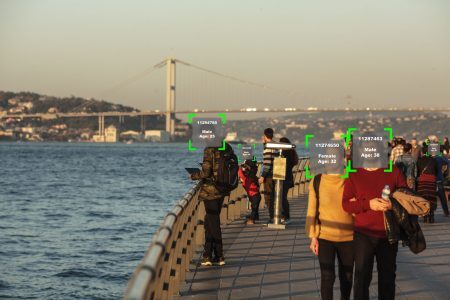On July 14, a new Mars-bound spacecraft launched from Japan. While several Mars missions are planned to launch over the next…
Browsing: Other Tech News
Millions of working parents have spent months largely trapped in their homes with their children. Many are trying to get their jobs done remotely in the constant presence of their kids, and they are desperate for some peace and quiet.
After a preliminary investigation, Twitter said it believed the incident was “a coordinated social engineering attack by people who successfully targeted some of our employees with access to internal systems and tools”.
The World Health Organisation reported more than 230,000 new COVID-19 cases on Sunday — the world’s largest daily increase during the pandemic.…
It seems that a few months cannot pass without some company or another reporting that login data has been stolen…
Life is a funny thing, isn’t it? One day you’re just doing what comes natural, going out to your favourite…
What are you going to do about it,” Eskom cried. “Make your own damn power?!” “Yes,” the country replied. “We’ll…
International telecoms brand ZTE has launched the first 5G indoor router in South Africa, in partnership with MTN. Which is fitting because MTN’s gone and rolled out 5G in parts of the country, with a much larger footprint planned in the coming months. ZTE’s hardware, the 5G Indoor Router MC801A, is the first that will allow you to share 5G speeds with the rest of the devices in your home.
In the US, tireless opposition to state use of facial recognition algorithms has recently won some victories. Some progressive cities have banned some uses…
Surgical emergencies are in fact one of the main challenges when it comes to human space travel. But over the last few years, space medicine researchers have come up with a number of ideas that could help, from surgical robots to 3D printers.










